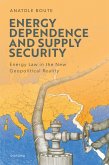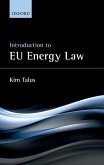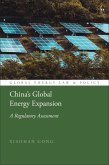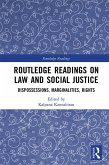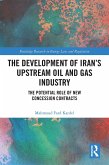Russia's 2022 invasion of Ukraine administered an unprecedented shock to the European and global energy markets, triggering emergency interventions and market reforms to limit the impact of the crisis on energy prices and supply security. More fundamentally, the supply shock sparked a profound reappraisal of foreign supply and infrastructure dependencies (for example, on China), leading states to adopt new legal initiatives to strengthen the resilience of their clean energy supply chains. Energy geopolitics and supply security are now firmly back at the centre of global energy policy, and in this new geopolitical reality, we critically need to reassess the role of energy law in the creation - and avoidance - of dangerous energy dependencies. Using the 2022 energy crisis as core example, Energy Dependence and Supply Security offers a legal analysis of energy trade and investment as a tool of geopolitical power, an issue seldom considered outside of economic statecraft and energy geopolitics. Anatole Boute's timely analysis illustrates the paradox of energy law and security: legal instruments of energy security have helped create the supply and infrastructure dependencies that allowed for the weaponization of energy. The book examines the legal responses adopted by the European Union to the impact of the Russian energy shock, reflecting on strategies to avoid similar disruptions in the clean energy industry. In turn, it proposes innovative supply security reforms that would allow dependencies to be managed, while still preserving the international collaboration that is needed to accelerate the transition to clean, affordable, and secure energy systems.
Dieser Download kann aus rechtlichen Gründen nur mit Rechnungsadresse in A, B, BG, CY, CZ, D, DK, EW, E, FIN, F, GR, HR, H, IRL, I, LT, L, LR, M, NL, PL, P, R, S, SLO, SK ausgeliefert werden.



